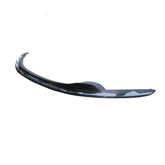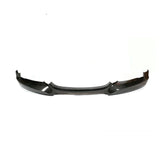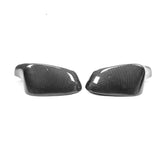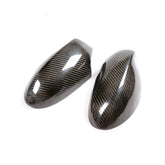Choosing the right wheels for your BMW doesn’t have to break the bank. While BMWs are luxury vehicles, there are ways to select wheels that complement their performance and aesthetic without compromising on quality, even if you are on a budget. Here are some key strategies to help you make an informed decision when selecting BMW wheels that balance cost and quality.
1. Set a Realistic Budget
First, determine how much you are willing to spend. Setting a clear budget helps narrow down your options and focuses your search on wheels that you can afford. Remember, wheels are crucial to the safety and performance of your vehicle, so consider them an investment.
2. Understand the Types of Wheels Available
- Alloy Wheels: Most modern wheels are made from an aluminum alloy, which is lighter and provides better performance than traditional steel wheels. They come in various finishes and designs, offering a good balance between cost and quality.
- Forged Wheels: These are generally more expensive but offer the best in performance and weight reduction. They might not be the first choice for those on a strict budget unless found on sale or second-hand.
- Steel Wheels: Rarely used on modern BMWs but can be a budget option. They’re durable and inexpensive but heavier and with fewer design options.
3. Consider Aftermarket Wheels
Purchasing aftermarket wheels instead of OEM (Original Equipment Manufacturer) wheels can save a lot of money. Many reputable brands offer high-quality wheels that fit BMW cars at a fraction of the cost of OEM parts:
- Research reputable aftermarket brands known for quality and compatibility with BMW models.
- Check reviews and forums for feedback on specific wheel brands and models.
4. Look for Sales and Discounts
- End-of-Season Sales: Retailers often offer discounts at the end of a season to clear out inventory.
- Black Friday and Cyber Monday: Significant discounts are available around these shopping days.
- Online Retailers: Sometimes offer better prices than brick-and-mortar stores due to lower overhead costs.
5. Buy Used Wheels
- Second-Hand Options: Consider buying used wheels from a trusted source. Many BMW owners upgrade their wheels and sell their old ones at a reduced price.
- Certified Pre-Owned: Some retailers and online marketplaces offer certified pre-owned wheels that have been inspected for quality and durability.
- Check for any signs of damage or excessive wear before purchasing used wheels. Ensure there is no structural damage that could affect safety.
6. Verify Fitment and Compatibility
Ensure the wheels you choose are the correct size and fitment for your BMW model to avoid additional costs from incorrect purchases. Incorrect wheel sizes can affect vehicle handling, safety, and suspension wear.

7. Factor in Long-Term Costs
Cheaper wheels might not always be the best choice in the long run. Consider factors like durability, resistance to corrosion, and maintenance needs. Investing a bit more upfront in higher-quality wheels can sometimes save money on future replacements and repairs.
Conclusion
Selecting the right wheels for your BMW on a budget requires careful consideration of both cost and quality. By setting a budget, considering different types of wheels, and exploring aftermarket and used options, you can find wheels that enhance your BMW’s performance and appearance without overspending. Always prioritize safety and compatibility, and view your wheel purchase as an investment in your vehicle’s value and your driving enjoyment.










